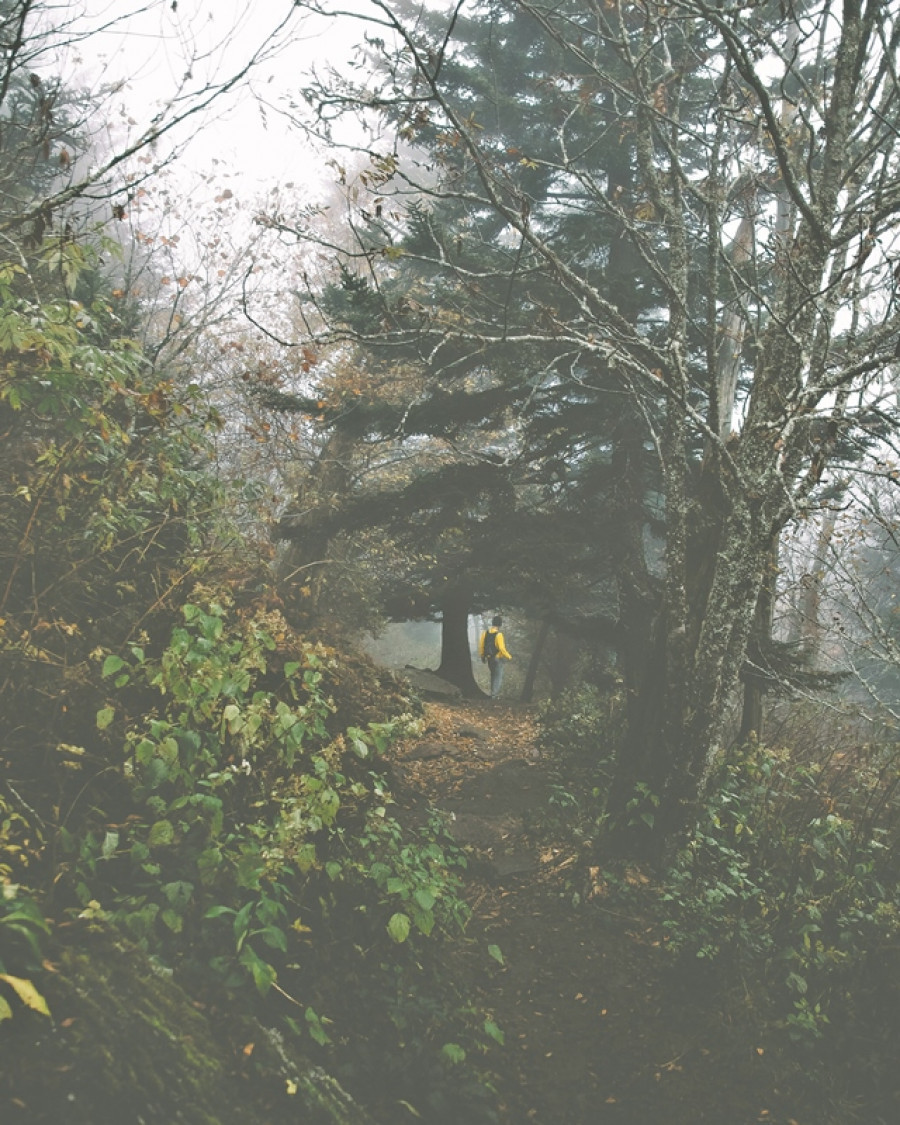Fiction Park
The young widow
Like everyone else, Menuka wanted to lead a happy life but fate had different plans for her.
Sugam Gautam
Anyone in Mattikhan would remark this morning as a pleasant one. It was warm and the chirping of birds added music to the aura. The atmosphere was exotic, and the view of Pokhara city from the top of the hill was captivating. The warm weather, majestic view of Pokhara, and birds’ music were enough to make anyone fall in love with nature. But for Menuka, the morning seemed bleak, bringing with it challenges for which she was not ready. Her daily visits to Pokhara from Mattikhan had left her exhausted, but she had no other choice. She ran a small tea shop/grocery in Mattikhan. There were no wholesale shops in Mattikhan or anywhere near the village, so she had no option but to go to Pokhara carrying a doko to fetch necessary goods. To add insult to injury, there was no road linkage from Pokhara to Mattikhan, so she had to transport the goods herself. Walking 15 kms every day with a heavy doko filled with goods had made her life miserable.
Just like other days, Menuka lumbered down the hill, carrying a bamboo-made doko with the support of her weak back and forehead. It seemed like the stripes of namlo had wiped away her fate, but her solid spirit and optimism towards life kept her going.
At 24, no one wants to stay away from the colours, but not everyone has the same fortune. No one wants to part away from the colours and live a bleak life, but some people are left with no choice. People say life does not offer you the happiness you desire, which applies to the life of Menuka. Like everyone else she too wanted to lead a happy life. She wanted to raise her own children and take very good care of them and her husband. However, her fate had different plans than she had anticipated. The mysterious suicidal death of her husband trapped her in a situation where there was no way of escaping out. The society she lived in would never allow her to remarry even if she forgot her late husband. Nor was she given a choice to go to her parent’s home. A month after her husband passed away, her in-laws had given her a single-storey cramped house. She had been staying there all alone by running a tea shop to earn her living. Though the house she lived in was near her in-laws’ house, her relationship with them was a sour one. They didn’t seem to care about their widowed daughter-in-law, and Menuka, accustomed to their behaviour, had also learned that she had to fight alone now without relying on others. She would often visit her parents and even though they always offered her money but she always refused to take any. Menuka was a woman with guts, and she believed it was the litmus test of her patience and strength. She hoped she would pass this test with flying colours someday. She reckoned happiness would knock on her door one day.
She was on the way to the bazaar when she heard someone calling her abhagi, meaning unlucky. It was a gossip between people, but her ears were alert to catch the whispers. Had it been the first time, she would have been tormented and probably shed a sea of tears. But by now Menuka was used to the naysayers and their harsh words. Without caring about the acerbic comments made on her, she rushed towards Pokhara. Deep inside, she knew such comments held the truth as well. There was a reason why people called her abhagi. It was a love marriage but why their love marriage ended in such a disastrous consequence was still a mystery to her, not for the people and society. Society assumed that the continuous torture from Menuka compelled her husband to suicide. But only she knew it was not the truth. She had to digest the bitter pill and fallacy at the same time. After all, the society she lived in didn’t give its women any other choice but to quietly bear all the injustice.
She reached the store where she used to buy goods. She had to pay the debts of the previous day, but she was short of Rs 2,000.
Menuka was a loyal customer, and in a very short span of time, she had earned the shopkeeper’s trust. The shopkeeper wouldn’t let others buy goods on credit but he considered Menuka trustworthy. However, just like other shopkeepers, he didn’t want the credit amount to mount so he asked Menuka to clear her debt as soon as possible.
“What? Have you not brought yesterday’s unpaid amount?” the shopkeeper grumbled.
“It was already two in the afternoon when I reached, so I couldn’t sell more,” she said.
“Is it just you who runs the shop?” the shopkeeper asked.
“Yes,” she replied, her voice low.
“Why? It would be easy if you engage your family members, too. Who else is there in your family?” he asked.
The mere word ‘family’ stabbed her soul, reminding her of her late husband. How could she tell that she had no family and a husband to support her? When asked what her husband does, how could she tell that he was no more in this world? What if shopkeeper kept on exploring and she had to tell that he committed suicide? She decided not to answer the shopkeeper’s questions.
“I think I’m getting late. I have to load my doko now,” she said.
“Okay. Bring it tomorrow. Your total is Rs 5,000, including today’s goods.”
She loaded her doko with goods and hobbled up towards the hill. Many questions arose in her mind as she walked. The next day, she had to pay Rs 5,000. She could reach her home only in the afternoon. If she couldn’t reach early, then there was less chance of making more money. She had to pay the outstanding amount tomorrow at any cost, and in case if she didn’t, she would not be able to buy anything from the shopkeeper in the future. Her small tea shop was her only source of income, and she cannot afford to discontinue it. Thinking about all the challenges, Menuka’s heart sank and her breath quickened and became shallower. She felt helpless but she quickly regained her composure. She told herself that she would overcome the challenge just like she had faced each and every challenge that life had thrown at her since her husband’s demise. She started ascending towards Mattikhan with a gleam of hope to add colours to her bare and colourless life.




 9.89°C Kathmandu
9.89°C Kathmandu










